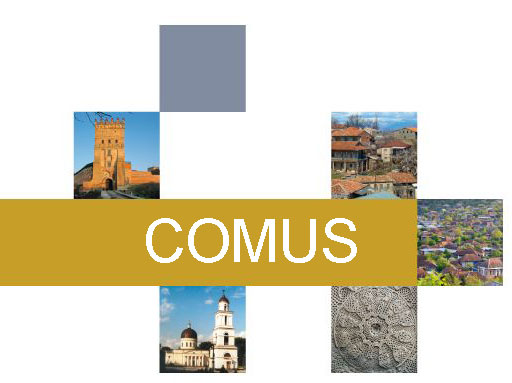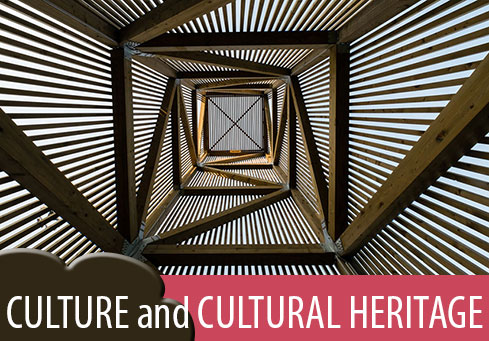Community-Led Urban Strategies in Historic Towns

Activities that started in January 2015, will continue until June 2017 in nine pilot towns: Goris and Gyumri (Armenia), Mstislavl (Belarus), Chiatura and Dusheti (Georgia), Soroca (Republic of Moldova), Pryluky, Lutsk and Zhovkva (Ukraine).
In line with the common priorities of both the Council of Europe and the European Union to improve the living conditions of Europeans and the quality of their living environments, while giving citizens a more direct role in defining, deciding and implementing local economic development projects, COMUS is an opportunity to bridge heritage preservation concerns with municipal empowerment and economic growth.
From a European perspective, the richness and diversity of the heritage in these pilot towns is of major cultural significance, which in the present economic context and on-going societal transformations should represent an important resource. Heritage defines the attractiveness of these places which offers a competitive advantage for tourism and business development. COMUS activities are implemented in order to convince communities that even small local initiatives are better than inaction, and could open up more ambitious possibilities and partnerships.



